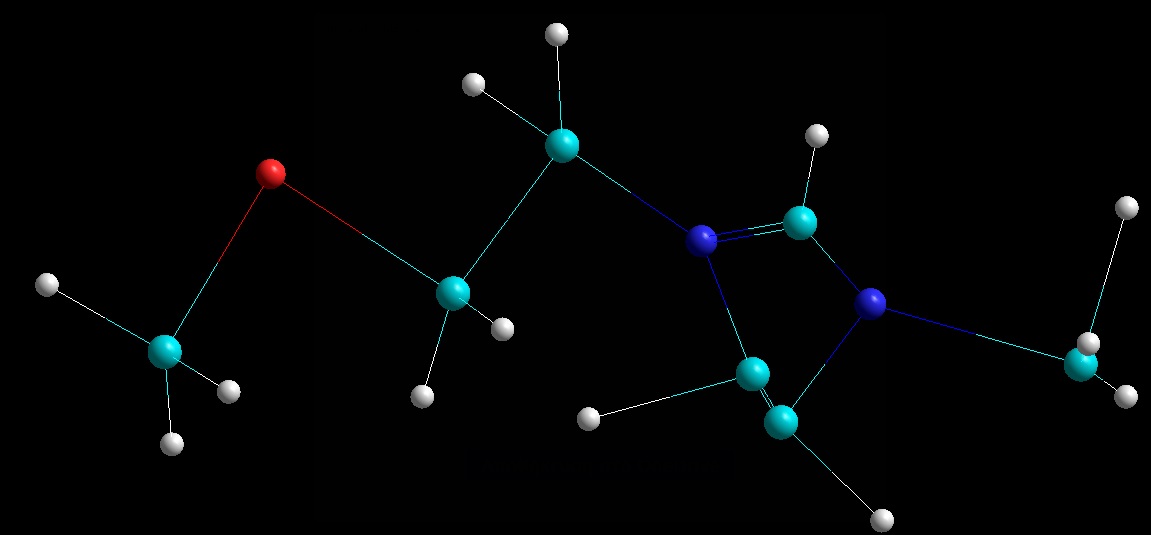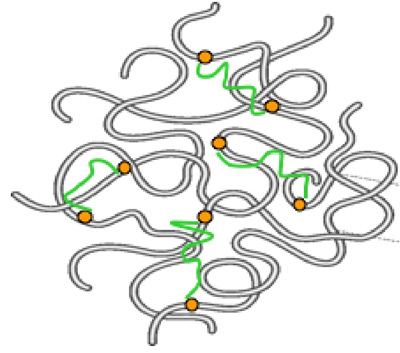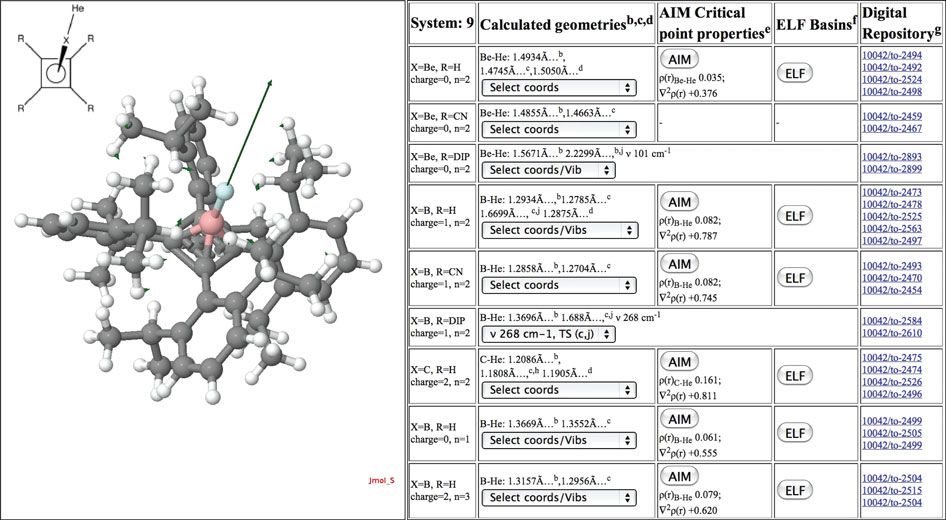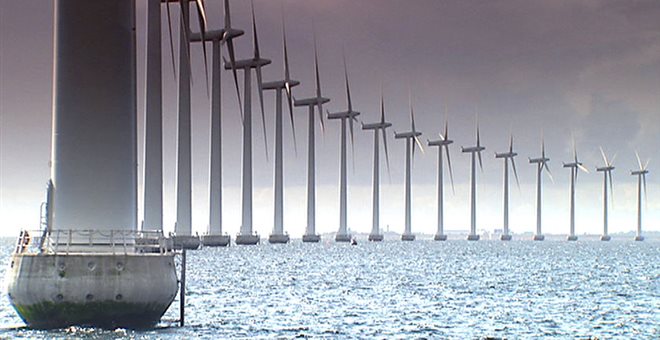
VOC removal from atmospheric environments
Volatile Organic Compounds [VOCs] are some of our times’ most important polluters. Many of them have been correlated to adverse health effects such as skin irritation, cyanosis, convulsions, high toxicity, carcinogenicity, kidney damages, liver damages, brain damages, asthma, and others. A group of them has been regarded as air pollutants by USEPA. They derive mainly from a range of human related activities, such as industrial processes, construction, indoor generation, and transportation. Theoretically any product or activity including polymeric compounds could be a potential VOC emitter. When referring to health adverse effects indoors, VOCs are considered as contributors to the sick building syndrome. World Health Organization [WHO] uses a classification for indoor pollutants, based solely on their respective boiling points:
- Very Volatile Organic Compounds – VVOC with boiling points in the range 50-100 °C
- Volatile Organic Compounds – VOC with boiling points from 50-100 °C to 240-260 °C and relative pressure higher than 10-2 kPa
- Semi Volatile Organic Compounds with boiling points from 240-260 °C to 380-400 °C and relative pressures in the range 10-2 – 10-8 kPa.






